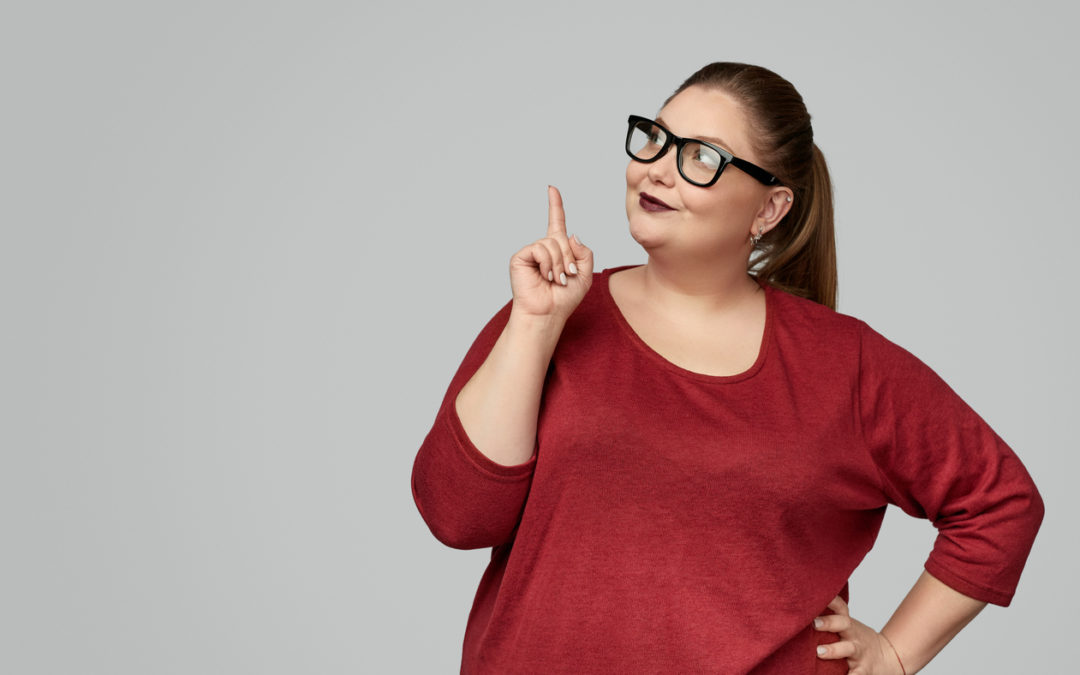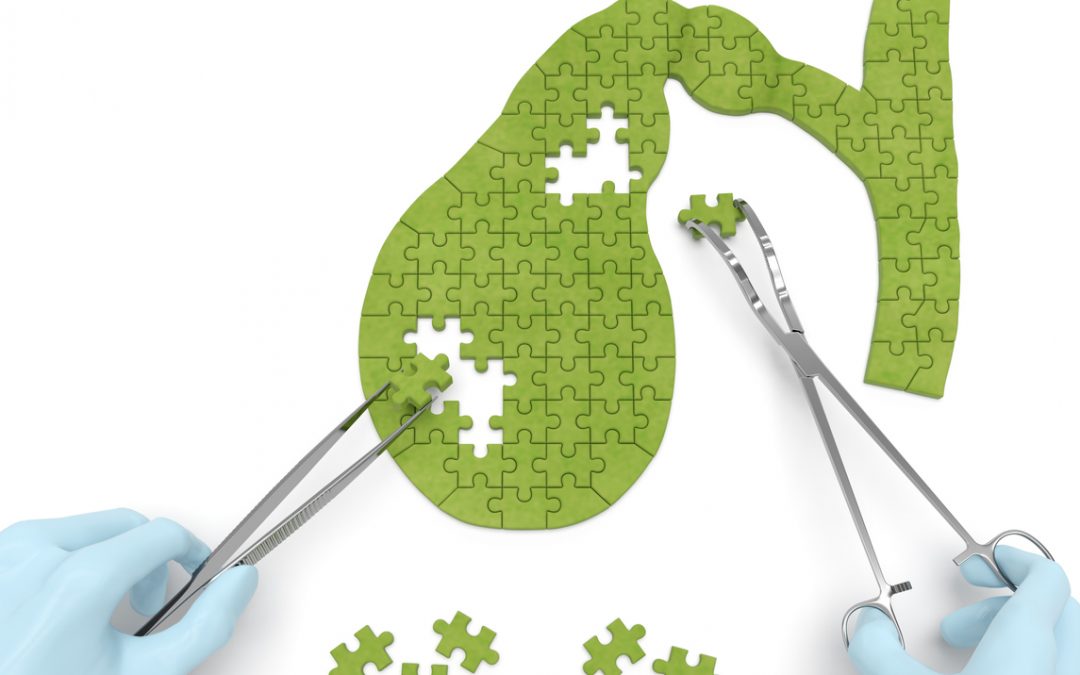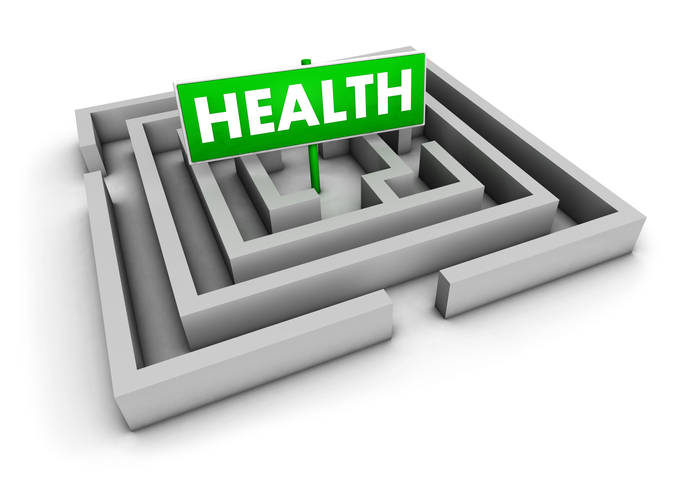
by Jen Owen, N.P. | Feb 27, 2020 | Integrative Medicine
It’s starting to be said that, “sitting is the new silent killer”. Since the beginning of COVID-19, I’ve been sitting more than ever!
I’m guessing you can relate.
What’s becoming more and more clear is how much sitting is affecting our health. There are the more obvious effects on the spine, neck, shoulders, back, etc. We feel these and try to solve them with ergonomic office furniture, changing positions, taking ibuprofen, or propping ourselves with pillows. That works in the short term, but it doesn’t fix the fact that we’re still sitting.
Now we’re learning that prolonged sitting can affect your heart health, blood sugar balance, vein and artery health, your weight, and might even increase your chance of cancer.
Let’s do our best to keep any of that from happening.
Here are 10 tips for combatting the effects of sitting:
#1: Ergonomic office set-up. Make sure your chair and desk are in the proper alignment for your body. Here’s an example:
#2: Get an adjustable desk. Many desks go up and down so you can sit part of the day and stand part of the day. This will reduce the strain on your muscles and joints and keep blood flow moving. It looks like they have a great selection locally at Sit Stand World in Tigard.
#3: Take the stairs. Every time you have the option, take the stairs and not the elevator. Sometimes you have to look around a little bit to find the stairs entrance, but every building has stairs for fire exiting. Taking the stairs is a great way to get a mini-workout during the day.
#4: Take a walk at lunch. Either before you eat or right after, take a walk around the block. Not only will it combat the effects of sitting, it will also rejuvenate your energy.
#5: Use your FitBit or other tracker to remind you to get up and move. Mine will go off after 50 minutes of no activity, so I don’t have to remember.
#6: Get regular exercise. One of the best ways to combat sitting in general is to have a regular exercise schedule. Try to get 30 minutes of blood-pumping exercise 5 days/week. I know you know how much better you feel when you do this!
#7: Do stretching throughout the day. Check out the book “Top Seven Ways to Combat the Effects of Sitting: The Silent Killer” by my friend, colleague, and former Chiropractor, Dr. Karin Drummond. It’s amazing! She outlines a bunch of stretches and how to do them. Here’s a video I did in 2020 to demonstrate a few of the stretches..
#8: Get regular massage. I know this seems like a luxury for some of us, but it’s really an important part of keeping your body healthy. Massage will move your blood and lymph and decrease tension in the muscles. We have a clinic downstairs from us, Therapia, where they offer massage often covered by insurance.
#9: Drink the recommended 8 glasses of water every day. Be sure to subtract anything with caffeine or alcohol from the total. Dehydration makes muscle and joint pain worse and also makes you grumpy.
#10: Eat the rainbow. Eat at least one fruit or vegetable of every color every day. Colored fruits and vegetables increase antioxidants (to avoid toxic stress) and decrease inflammation.
If you’re not sure how sitting might be affecting you on the inside, consider a New Client Consultation with me, Jen Owen, N.P., here at my Portland, Oregon Integrative Medicine clinic. I offer many specialty labs that will look at your blood glucose and cholesterol levels in more depth than traditional labs, check inflammatory markers, assess your cortisol levels to determine stress, and more….
Do you have other ideas? I’d love to hear them in the comments below.
Please share widely with your friends and family who also find themselves sitting too much.

by Jen Owen, N.P. | Feb 21, 2020 | Integrative Medicine
One of the things I’ve noticed that’s different in my life now than during my younger years is how much sitting I do. I sit on the computer much of the day for work, I sit when I do body work, I sit to rest after work, I sit for Netflix, I sit to eat, I sit with friends, I sit, sit, sit.
I’m guessing you can relate.
What’s becoming more and more clear is how much sitting is affecting our health. There are the more obvious effects on the spine, neck, shoulders, back, etc. We feel these and try to solve them with ergonomic office furniture, changing positions, taking ibuprofen, or propping ourselves with pillows. That works in the short term, but it doesn’t fix the fact that we are still sitting.
Now we’re learning that prolonged sitting can affect your heart health, blood sugar balance, vein and artery health, your weight, and might even increase your chance of cancer. I’m even seeing differences in abdominal health when I examine those who sit a lot compared with those who don’t. I recently did a Live video on the FLOURISH Integrative Medicine Facebook page to talk about what I find in the abdominal muscles and will do a demonstration of how to check yourself.
Start noticing how much you are sitting. Are you already taking breaks? Or, what else are you doing to keep your blood flowing and your blood vessels strong when you are forced to sit for work?
Then, start setting a timer. Work for 25 minutes and then get up and move around for 3 minutes. Repeat over and over again throughout your day. If you’re really motivated, you could write down any symptoms you’re experiencing today and then do a check-in at the end of the day every day next week to see if moving relieves any of your symptoms.
I would love to hear what you’re already doing to combat the effects of sitting, as well as if you experience any differences from forcing yourself to move every ½ hour.
Next up: 10 Tips to Combat the Effects of Sitting

by Jen Owen, N.P. | Jan 15, 2020 | Mind-Body Medicine
One of the basics of transformational healing is first to understand what kind of mindset you operate under. In her book, Mindset: The New Psychology of Success, Carol Dweck, Ph.D. introduces us to the concept of Fixed versus Growth Mindsets.
A Fixed Mindset is when you believe your qualities are carved in stone. You might believe you have a certain amount of intelligence, a certain personality, or a certain character.
Those in a Fixed Mindset tend to focus on proving these things to be true about themselves.
They are constantly evaluating themselves with questions like, “Will I succeed or fail? Will I look smart or dumb? Will I be accepted or rejected?” Fixed Mindset people tend to play it safe, not taking risks for fear of failure or embarrassment. Those in a Fixed Mindset can also over-identify with a diagnosis or disease and believe that there’s nothing to be done and they’ll have it forever.
On the opposite side, is the Growth Mindset. When you operate under a Growth Mindset, you believe that your basic qualities are the things that you can cultivate through your efforts, your strategies, and from getting help from others. You believe you can change and grow through application and experience. Growth Mindset people are willing to take risks and make mistakes, because they know whatever happens will present them with an opportunity to learn and grow. They’re willing to explore alternate treatment options and know that their diagnosis is just that, a diagnosis and does not represent who they are.
They ask very different questions such as, “Why waste time proving over and over how great you are, when you could be getting better? Why hide deficiencies instead of overcoming them? Why seek out the tride and true, instead of experiences that will stretch you?” “What else is possible here?”
Growth Mindset people allow for what is possible and know that a person’s true potential is unknown.
What type of mindset is the basis for how you operate in the world? Do you believe that you are “just how you are” and that things “are just this way”? Or, do you believe things can be different for you? Do you believe that with the right tools and support, you could change yourself and the course of your life?
Mindset coaching is a big part of the care I give. Even when I’m discussing a medical issue with someone, I’m discreetly helping them shift their mindset. And, of course, mindset coaching is a major part of the online life and business coaching programs I offer to clients all over the country.
If you want to get started moving from a fixed to a growth mindset or are looking for more tools to boost your growth mindset, check out my mini-course, Kick Start Your Mindset.
What kind of mindset do you operate under presently? What’s one move you can take today to start shifting it???

by Jen Owen, N.P. | Nov 19, 2019 | Integrative Medicine
About 10 years ago, I began having some very uncomfortable symptoms in my gut. I would get horribly bloated after meals, belch unstoppably for hours, and have terrible pain. I remember an old wise doctor at the clinic where I worked as a RN telling me that he thought it was my gallbladder. We ordered an ultrasound, yet everything looked fine. I didn’t have any stones or sludge or anything to indicate disease, so I went to see my primary care provider who encouraged me to move forward with a scan to determine how well my gallbladder was functioning. I have always loved the diagnostic abilities of conventional medicine, so I was on board with getting to the bottom of what was going on.
The gallbladder is responsible for storing the bile that helps to break down the fat we eat. Bile is produced by the liver and moved to the gallbladder for storage. When fats are recognized in food, the gallbladder is signaled to eject bile into the small intestine, where the fats are emulsified allowing them to be digested and absorbed. When the gallbladder doesn’t eject at a normal rate, it’s said that you have a low “ejection fraction” and that was exactly my diagnosis.
When the results were in, I got a call from the nurse at my doctor’s clinic who said that my “gallbladder was abnormal” and that they had a surgery consult scheduled for me. She wouldn’t elaborate any further and had no explanation as to why they scheduled a surgery consult for me without even thoroughly discussing and explaining my results to me. I told her I would get back to her if I felt like surgery was the option I wanted to take. She sounded shocked and annoyed and that was that.
Because I know what I know and because I was already practicing from an Integrative approach, I got to work on treating myself. Here’s what I did and how I used my own WholeU Approach:
On the physical level:
• I used the Doctrine of Signatures which says that plants that resemble parts of the body can be used to treat those parts of the body. The gallbladder is a green organ, so I started eating a lot of green foods, including adding dandelion greens, kale, spinach, and collards in daily smoothies and eating daily salads.
• I took a few drops of dandelion extract about 10 minutes before every meal, because it is a bitter herb. Bitter herbs help release bile from the liver and gallbladder.
• I stopped eating all fats for a few weeks, even good fats. I don’t recommend not eating fats, except in this case. I knew that if I wanted my gallbladder to work correcly again, it would likely need a rest from it’s main job.
• I worked with the inflammation in my body, in general. I knew that if my gallbladder wasn’t ejecting properly, that more than likely, there was inflammation causing swelling that was inhibiting its ability to eject bile. I also cut out sugar, alcohol, and other high-inflammatory foods.
• I used over-the-counter anti-inflammatories, like Zantac/Pepcid if symptoms got really uncomfortable.
On the emotional/spiritual level:
• I knew stress was a major component. I was working full-time and taking classes to start NP school. When we have an abundance of stress, we walk around in the “fight-or-flight” response. This response is the body’s natural response to stress and is meant to come and go quickly when a stressful event is taking place. When stress occurs, the hormone cortisol is released to help us manage the stress.
When we live in chronic stress, cortisol is released more than normal. This triggers an inflammatory response. Inflammation can occur anywhere in the body and it was more than likely occurring in my gallbladder. To reduce stress, I began meditating, using Emotional Freedom Technique “Tapping”, and saying “no” to anything and everything that I could avoid which added extra stress.
I spent time considering whether there was anything on the social and financial levels that could be adding to the stress and remedied those, as well.
More than anything, I didn’t want to lose an important organ that simply seemed stressed out and overworked. It took a while to get it back in working order—around 6 months. It was uncomfortable, at times I wanted to give up and give in. I had to face my stress head on and do something about it. I had to make changes in my diet that weren’t that fun to make.
And…it was worth it. These days, I rarely ever have any issues with my gallbladder. Everyone once in a while on a vacation or if a restaurant uses a junky oil (palm oil seems to be a major irritant), I’ll have a short flare. If I’m careful for a week or so and check in with my emotional/spiritual state, it passes.
It’s hard to believe that our medical system has come to this. An organ isn’t functioning correctly, so our medical reaction is to take it out. I was lucky that I knew what I knew and I also trusted my body’s ability to heal itself with the proper support. This, my friends, is Integrative Medicine. We use physiology to determine what is really going on and we use the least-invasive support available to encourage the body to heal itself. We used modern technologies to diagnose and then choose the best treatment for each person, using food as medicine as much as possible. We utilize prescription and over-the-counter meds as the short-term fix and not for the long-term solution.
What symptoms are you struggling that only receive medication or surgery as the answers? How might an Integrative Medicine approach make the difference you’ve been looking for?
If you live near me and want my help, you can schedule an Exploration Session now. If you don’t live near me, I hope you will seek out help in your area. Your body knows how to heal, too. Often it simply takes some detective work and thoughtful planning to allow it to do what it already knows how to do.

by Jen Owen, N.P. | Nov 14, 2019 | Integrative Medicine
We know so many people are frustrated with the care they are receiving in today’s healthcare.
Our mission is to be a part of the change we want to see in that healthcare.
A lot of that change comes from shifting our thinking away from what mainstream medicine wants us to do and think.
Our Nurse Practitioner, Jen Owen, has observed 5 shifts that separate the clients she’s worked with who actually eliminated chronic symptoms for good from those who stayed stuck.
If you or someone you love is struggling with symptoms that regular medicine can’t seem to figure out, and are tired of medications being prescribed as the only option for what you are dealing with, then this presentation is for you!
If you’ve got 30-minutes to spare, we think it will be well worth your time.
The presentation is titled:
“The 5 Shifts Our Clients Make to Get Out of the Medical Maze and Begin Eliminating Chronic Symptoms for Good”
Click here to watch this free presentation now







Recent Comments